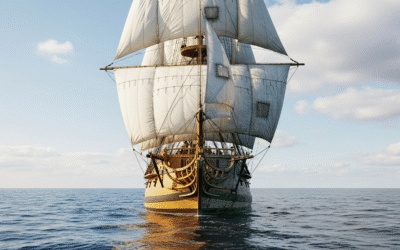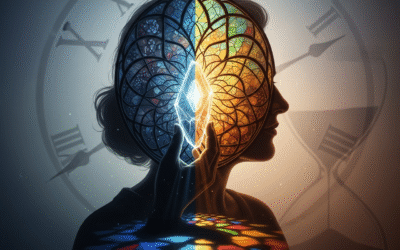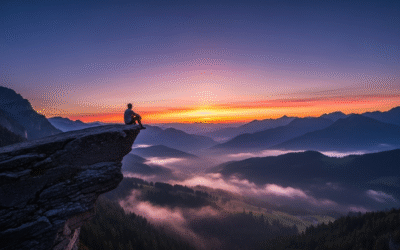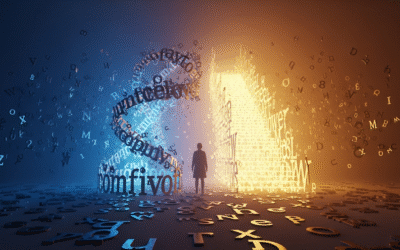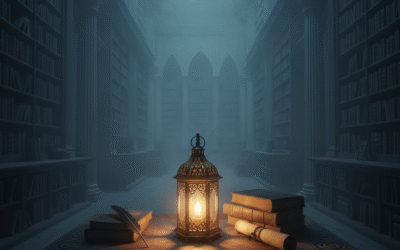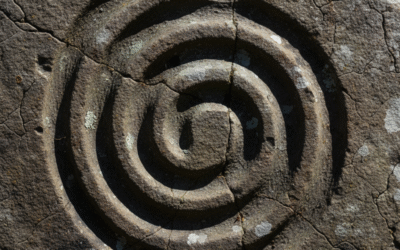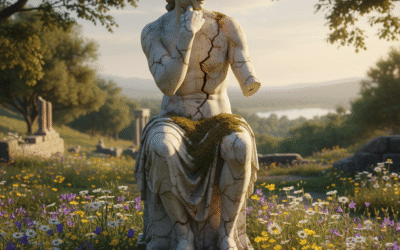We assume it for granted. You walk from one corner of the room into another, cars pass along the street, the Earth turns upon its axis. In ancient Greece there existed the philosopher Zeno of Elea who created a sequence of puzzles (known as Zeno's paradoxes) that call...
The CogiEra Blog
The Ship of Theseus: Are We the Same Person If Every Part of Us Changes?
Take the ancient wooden ship sailing on the seas. The planks of it do eventually rot and so the sailors replace them one by one. Eventually, they replace every piece of wood. Is the ship the same ship then? And if another person gathered the old planks taken off this...
Forgetting and Forgiving: Can We Truly Forgive Without Forgetting?
Forgiveness is that kind of word that comes so effortlessly off the lips but is agonizingly difficult to perform. We forgive because it will improve us, because it will liberate us from wrath, because we should. But what forgiveness can occur if the pain of...
The Philosophy of Solitude: Is Solitude Essential for Knowing Reality?
Loneliness is generally misunderstood. We feel solitude as loneliness, as hollowness, as something to be cured by distraction. But solitude is not a lack. It is presence, the presence of oneself alone, uncluttered, unobstructed, without the mirrors society holds out...
The Paradox of Language: Do Words Clarify Thought or Imprison It?
Language is our finest tool and our deadliest trap. Language is what makes us capable of loving, building states, writing poetry, and shaping the future. Language is what holds us in civilization. But lurking behind its use and beauty is an icy paradox: Do words...
The Morality of Creation: Does Making Something Always Imply Destroying Something Else?
Creation is generally considered to be one of the greatest powers of mankind. We construct art, technology, music, relationships, and entire civilizations. To create is to construct something that did not exist before, to leave some trace that did not exist before....
Doubt as the Highest Form of Knowledge
We're taught at an early age that knowledge is the stuff of certainty. The right response is the one teachers like, we esteem intelligible voices in society, and we'll pay those who "know what they believe" unconditionally. Uncertainty, though, is likely weakness, a...
Repetition: Do cycles in history and life diminish or enrich meaning?
Life itself, though, is a cycle. We get up, we eat, we work, we sleep, we rest, and do the very same thing the day after tomorrow. Generations pass, seasons pass, nations and empires rise and fall, and history over and over and over does the same things, war,...
The morality of powerlessness: Is weakness ethically superior to strength?
Strength is arguably the most admired attribute in human society. We admire the strong, bodily, politically, or mentally, and attempt to follow in their footsteps. Hero myths, king myths, and conquest myths all idealize the belief that strength is the force behind...

